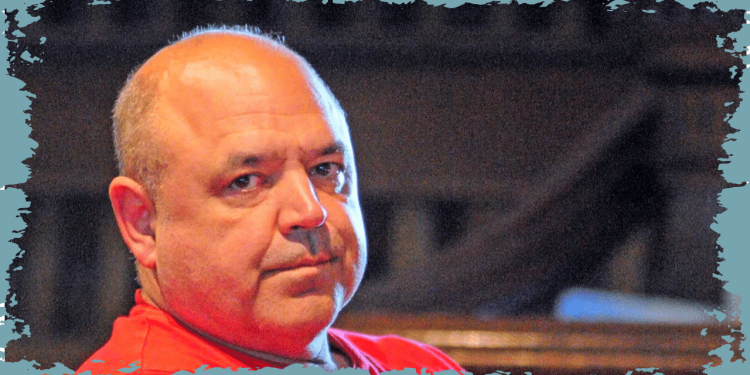Last week, New York State Police shot and wounded a man who has been identified as a doctor from central Maine with a history of infractions and license suspensions. In 2021, he had his license suspended for granting COVID-19 vaccine exemptions to over 100 health care workers whom he had neither seen nor examined.
On July 2, 63-year-old Paul Gosselin from Augusta was shot. The following day, the New York State Police released a statement indicating that troopers in Sullivan County had received a report about a suspicious vehicle at a business located on State Route 97 in Barryville.
According to the New York state police, they eventually located the man who was later identified as Gosselin. He declared that he had a gun and threatened to shoot the troopers.
According to reports, Gosselin supposedly drove away to a different establishment along the highway, exited the car, and then re-entered it. He then proceeded to drive towards a constable from the town of Lumberland, who was on foot in close proximity to Gosselin’s vehicle.
New York State Police reported that as the scene was unfolding, a state trooper intervened and fired at the vehicle. Unfortunately, one of the shots struck Gosselin.
According to a press release on July 3, Gosselin was taken to a nearby hospital where he was listed in stable condition. As of Monday, a spokesperson from the New York State Police confirmed with the Kennebec Journal that Gosselin was still receiving medical treatment at the hospital.
According to the newspaper, Gosselin was already registered in a national missing persons database before the occurrence, and it remains unclear why he was in New York.
According to the board records, Gosselin, who is an osteopathic doctor, had faced several confrontations with the state licensing board even before the incident of improper vaccine exemptions. In 2014, his license was suspended for supposedly prescribing self-medication and practicing medicine while under the influence of drugs.
According to the Morning Sentinel, in 2002, he faced disciplinary action for engaging in “unprofessional conduct” by posing as his own physician’s assistant and calling pharmacies to obtain prescriptions. Additionally, in 1999, he responded to an emergency call while under the influence of alcohol.
Read More:
- Lawmakers seek to remove board members from teachers’ pension fund amid controversy
- Ohio lawmakers want a protocol to identify dead Dogs and cats and notify their owners


